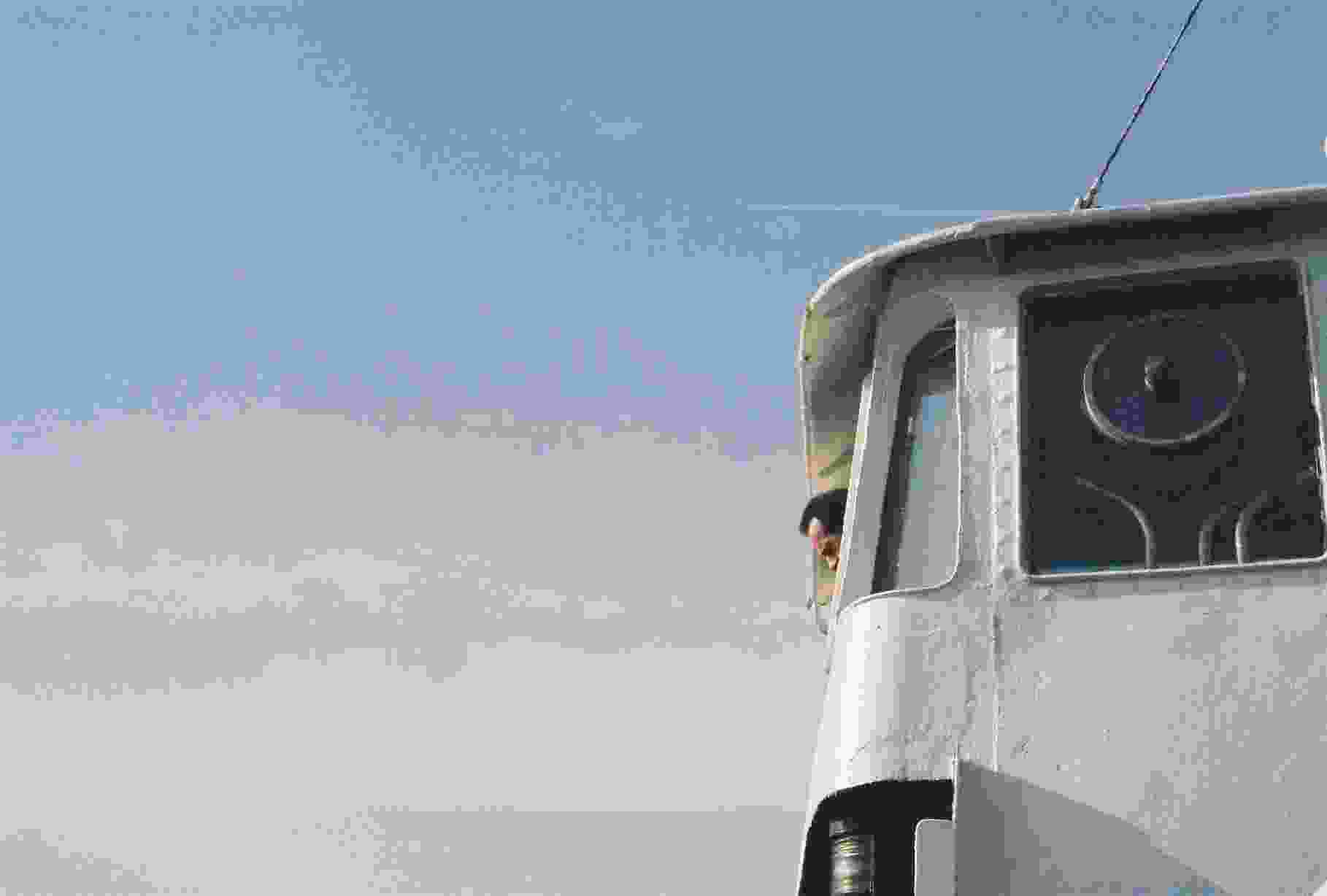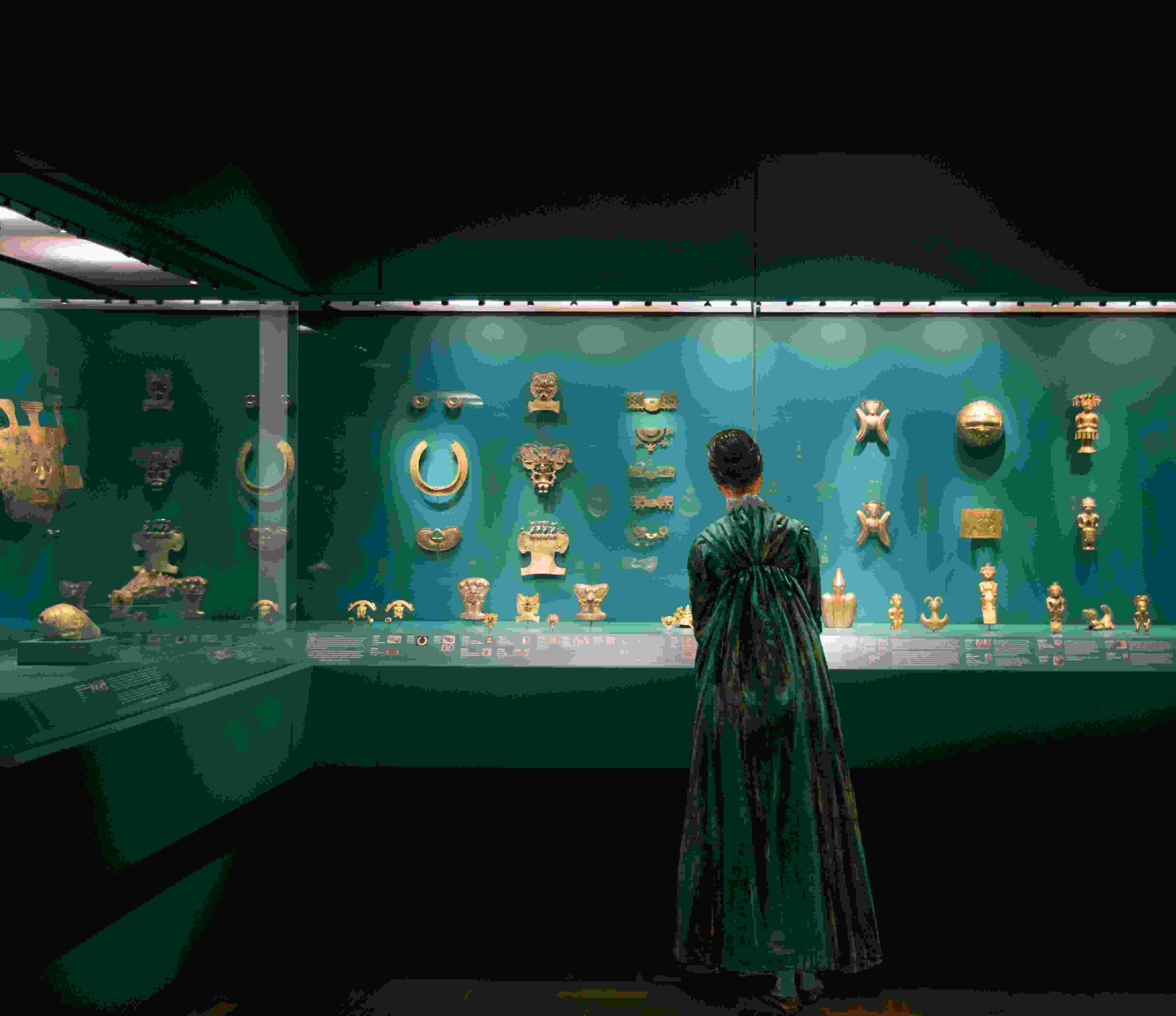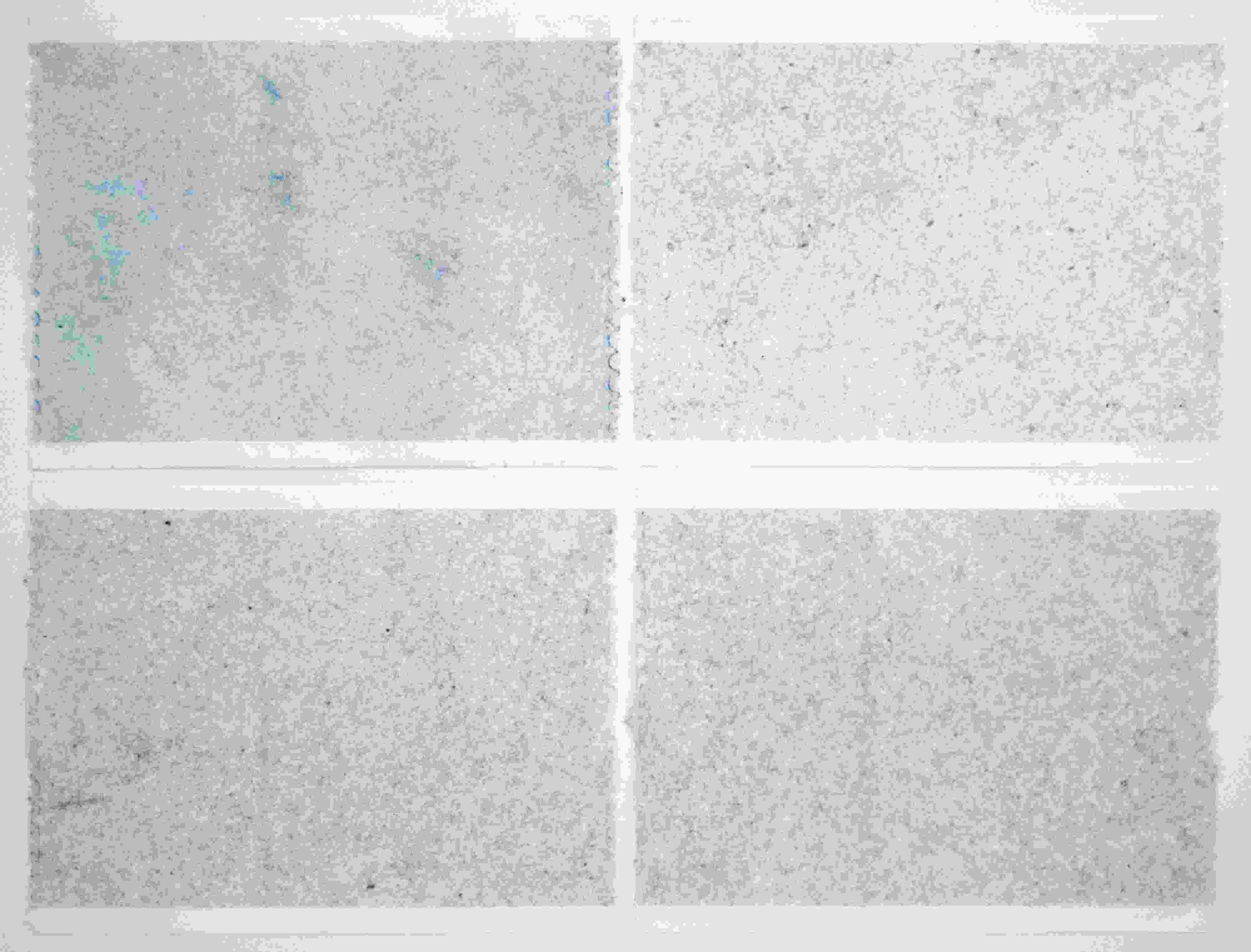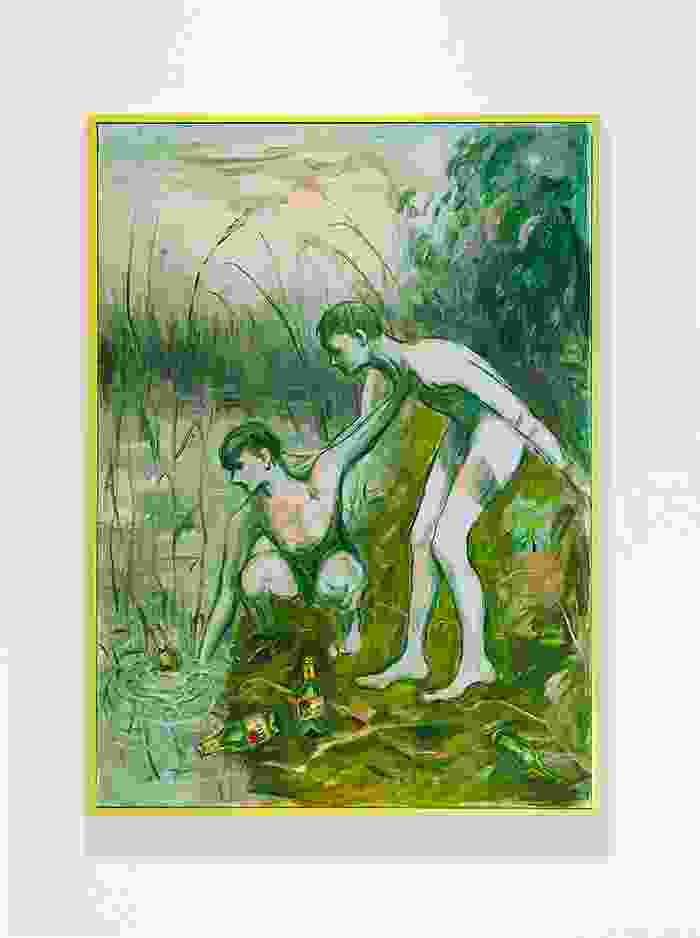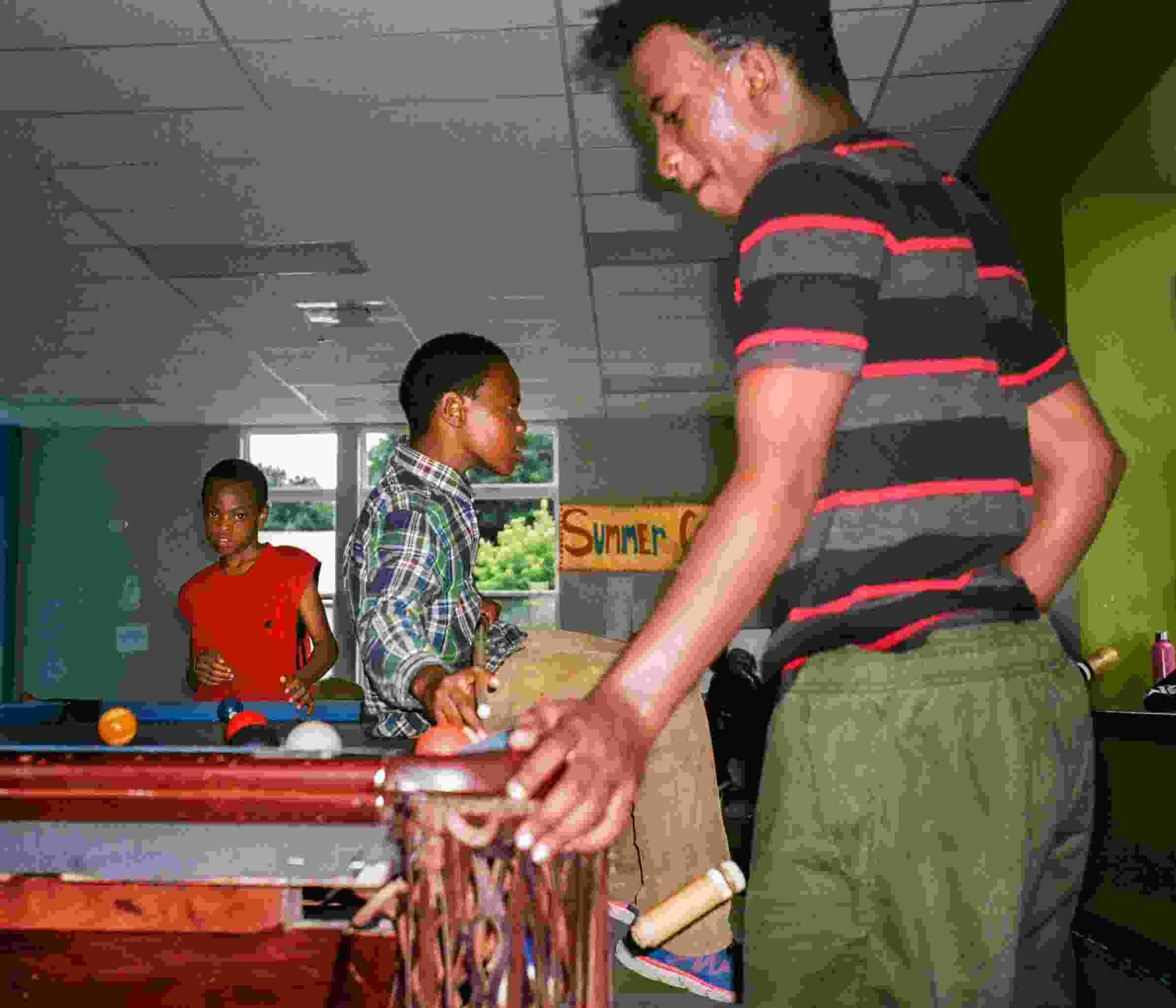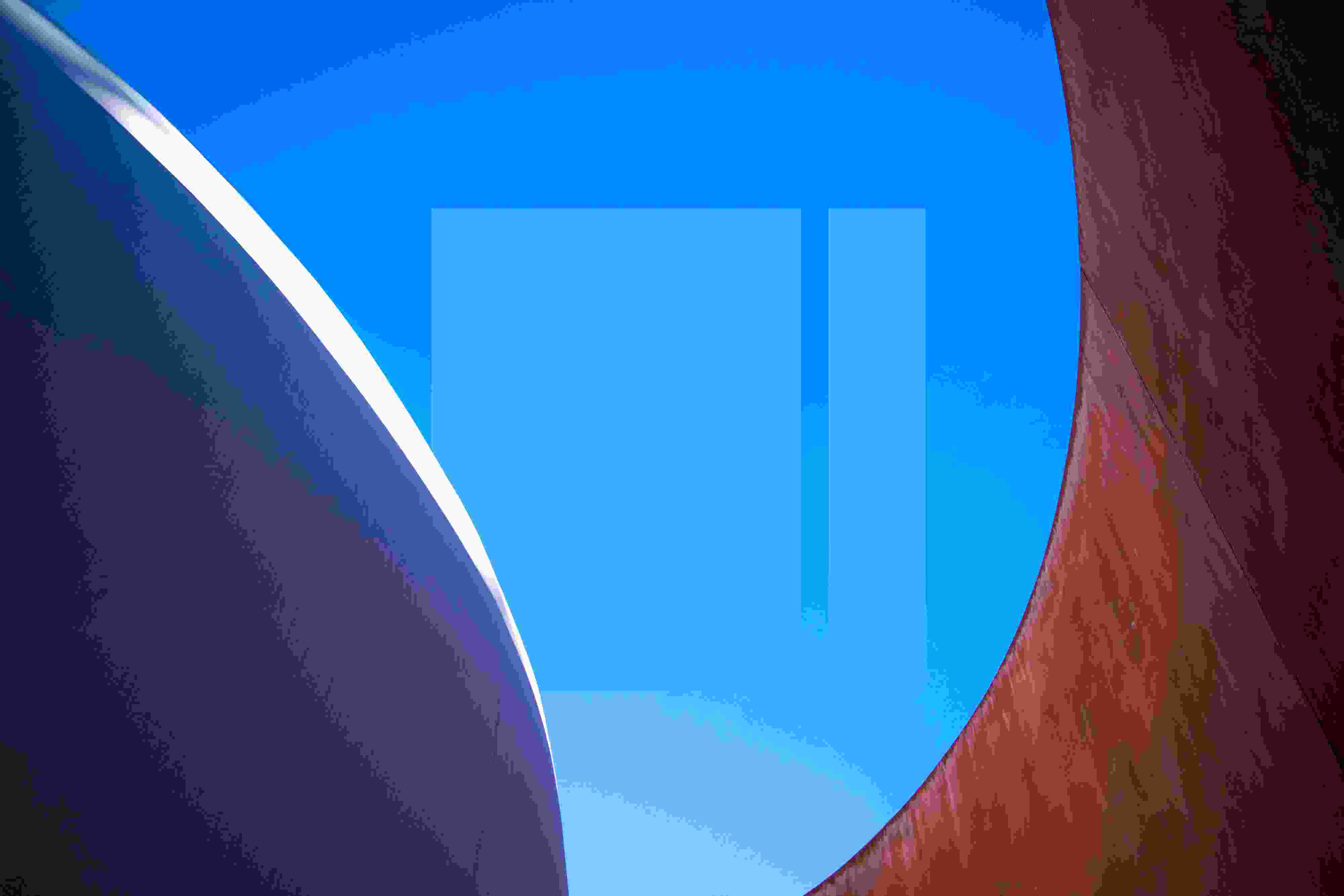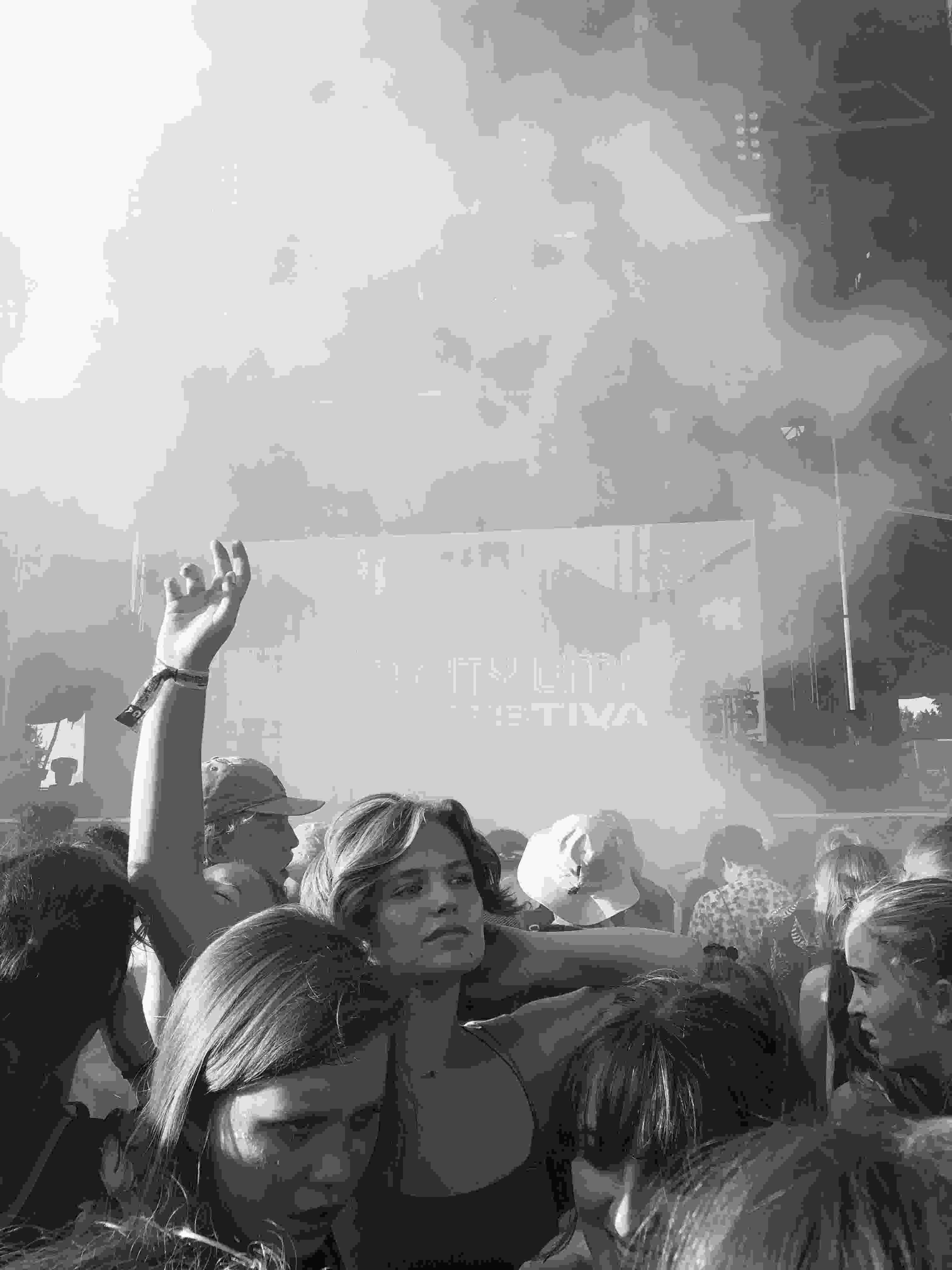Spring 2019 Issue - The Harvard Advocate
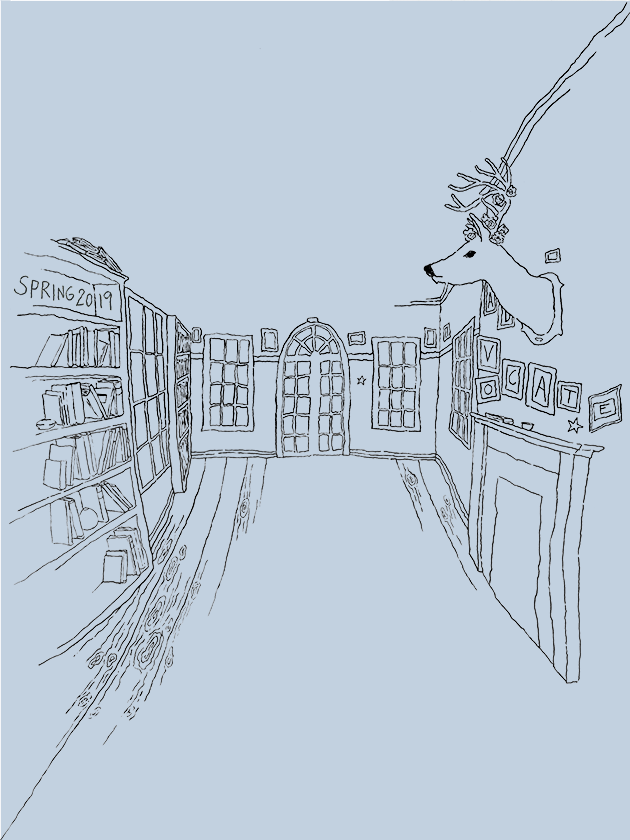
Fiction • Spring 2019
When Reverend Harris retired and moved back to the Carolinas it didn’t strike me as the beginning of anything. Reverends were old. The word itself, rev-er-end, seemed to be a final destination, an ending, a stage of life occupied by coffee hours, evensongs, and perhaps a baptism from time to time.
Fiction • Spring 2019
I get this idea that I’ll go out into the woods and get shot. That’ll show the hunters. They’ll be put off hunting for good, if they shoot a woman in the heart. Though I’m hoping it won’t be in the heart. I hope for a flesh wound from which I can easily recover. I’ll lie on a narrow bed at Mercy hooked to chirping machines. The hunters will come, tactical caps in hands, and beg my forgiveness. My husband will visit, too, and beg me to come home. Your brush with death has put everything in perspective, he’ll say. He’ll take me home and nurse me to health, feed me spoonfuls of Sprite with the bubbles stirred out. He’ll change my leaky bandages and whisper that he loves only me.
Poetry • Spring 2019
When left alone I do what I often do. Which is lift out
some worms from my box of worms
and split their hair-scale bodies in half with a needle.
Everything in the body can be made perfectly clear
by soaking it in sugar. This means the light stops changing.
When I break the right kind of worm its eggs explode
out of it and keep growing. At those times,
as required, I sit around in the dark and watch.
In general I try to have no expectations that you’ll love me
from one moment to the next. And every night
my body breaks the spirit of the law. I think
it is vitally important to say nothing. I hope to never
accidentally ask not to be alone. You are the most
sophisticated type of person, whose cells don’t die,
whose inputs and outputs are smoothly coordinated
and all sound exactly right.
An egg or other cell, when watched,
listens all around it for its friends, and if it does
or does not hear them, then it pinches
itself in half or just shy of half, and splits.
I look with a laser in each egg for the glowing dot
that marks a future head, which is also how,
I think, we learn which of our sides is inside. In this way
everything in the body can be made perfectly clear.
Poetry • Spring 2019
The earth is dry and I live by wanting
it is not a violent loneliness just
defenseless in the moor of my opened body
all the places I felt your absence it was residue -
the sap between trees except I have never been
so raw, except with you the way the body moves
when it is in love is so tender please just
hold me touch me it is not so much
the drowning as the attempt to rise
they tell me but I am always
mistaking the wounded for the water and the
earth is dry and I live by wanting like
cain’s wife and all the women without name
it was residue The way the body moves when it
is in love is so tender please
carry me it is not so much
the drowning as the attempt to rise
Poetry • Spring 2019
with a line from Sappho, translated by William Logan
Anna interprets my dreams as the fear of botching
a chance at heaven. I would like to believe in
the plurals of things, the hour shored up against a bridge,
its bright underbelly furring against my cheekbones.
Everything here is all shutter and no latch.
We’re a bunch of wackos who cry before our birthdays
so the morning startles in its fullness. Sappho, from the Greek,
could haul up a bucket of spring water
from that reeking sewer of her life.
Seeing that my life is not so much sewer as the lake
we swim in, with its fair share of algae and silt blooms,
the water should be clean enough, if not to drink,
then to wash away the day’s worth of dirt.
Poetry • Spring 2019
A woman is / turned into a lake she is
secretly pleased. Great blue herons
are moving across the sky / and the body
of this twisted oak its / arrowed branches / flung
in every direction / is now
leafless / so that its outstretched
arms do not / run the risk / of breaking
their own weight / cold sweat poured down
my imprisoned limbs wherever / I moved my foot
a pool gathered / that this water could
bruise me my voice / caught in bird-call I
& want you to put me in the ground
with my mouth open / and when we say earth
we mean human
earth / foxes have no history
transcripts / know not how their great grandparents
died / and who among us / records / the continual
losses / it is lighter / to be fleshless / a beetle colony
takes three months to eat / a white dog clean
like a hymn / say / I will be taken / knowing
the bones will remain.
The first line of this poem is inspired by Jia Tolentino’s New Yorker Article “How a Woman Becomes a Lake.” The other italicized portions of this poem are taken from Ovid’s Metamorphoses, when the nymph Arethusa recounts how Ceres, the river god, tried to rape her and as she was fleeing from him, she turned into a lake.
Features • Spring 2019
In the end, what came to seem the most significant about my lumps was not how they caused me pain or fear, but how their meaning kept on changing even as the lumps themselves stayed the same. The night I first found them, they offered a nice, charged sense of drama. I was staging a performance art piece in my dorm room. The materials—a camcorder, a crocodile mask, a few boxes of wine, friends, the kind of multicolored parachute you would find in a child’s gym class—were spread out on the floor. These were fall days, and the air outside was still warm, and my bed was pulled up right next to my window on the second story over DeWolfe street. I spent a few hours each day sitting up against my bedframe, watching people passing by on the street below, and calling out if I knew them. That evening I flagged down my friend Owen as he walked by, asking him to come take part in my performance piece, and he agreed. I needed six people to hold the parachute in order to pull off the piece successfully, so I was glad I’d spotted Owen.
Owen didn’t show up, though, and neither did a few other people. In the end I was short one participant. I sat in the middle of my parachute on the cold tile floor and thought, _sigh no one came to my performance piece._ Yes, I thought the word “sigh”, accepting the moment as an early taste of what was to come, which was a long sad life as an artist who would never be able to get anyone to come to her performance pieces. Later Owen told me his dog had died that night, and his mom had called on the phone, just as he walked out of sight of my window, to tell him the news.
_No one came to my performance piece_, I said out loud at the end of the night to the person who used to sit in my bed, beside the spot next to the window, where he sat now. The person sitting in my bed said, _Five people came. And we’ll try again tomorrow night_. And poked a finger into my melodrama, bursting it.
We were like two sculptures at the time. Each of us had sculpted the other. The sculpting was never quite finished. There was always prodding to be done. It was prodding me in this way he found the lump. “What’s that,” he said. “What is what,” I said. “That,” he said, having located a flaw in the material. It was true. There really was a lump in my breast. It was an inch across. It felt like obsidian.
\*
Two women, close friends, lived in a place they described as a great rock in the middle of the sea. The place was actually a seventy-four bed live-in clinic for patients undergoing psychoanalysis. This was where the two women worked. It was in landlocked Berlin, but nevertheless they often spoke about a ship that was supposed to come and take them away. They sat in the window day after day, hoping to spot someone they knew passing by in the waters below.
Due to their work schedules, they lived on the rock at alternating times; whenever one was there the other was away. They prayed for the ship to come so that it could carry the one who was there to the one who was not there. They wrote one another letters and described their ship near obsessively.
_For a while our ship was gone, then it reappeared on the horizon and came closer and closer._
_The ship had disappeared entirely on the horizon, but now it has surfaced again and is heading slowly in our direction._
_Our ship must be something quite old-fashioned, a screw steamer, or perhaps a sailship in a calm sea._
_We watch it all the time. That is actually our main occupation._
_At times, we think we see it emerging in the distance, and then it sails past us, just as it did with Salas y Gomez._
A German poem with this name, by the poet Adelbert von Chamisso, tells the story of a boat mooring at a jutting island in the sea. The sailors clamber onto the land to find a man lying down. The man opens his mouth and eyes wide, and cries out, simply, “Free!” The man has grown very old waiting.
\*
A month or so passes by below. My mouth and eyes and flesh and I, we are open wide. New lump in my right breast. The lumps no longer belong to one night and one room; they have rather become the most palpable example of what seems to be a general woundedness about an inch below the skin, all the way around, day after day.
The missing person never arrived to the performance piece to take their place and complete the circle around the parachute. The warm air in the room leaked continually out the window. The person who used to sit in my bed has left for good.
My period came for the first time in years. Came paint-bright and water-thin. Something truly odd happening with hormones. I can’t stop thinking of the word ‘pain’ because I feel it brimming over the top of me. Bedroom is in entropy. The unstoppable accumulation of debris. Used cups are the fiercest adversary. Food is growing difficult too. Down fifteen pounds. Trapped in bed under a great rock. Sad how it is impossible to trick someone into loving you again by presenting them with memories. Radiator broken. Between losing the heat and the fifteen pounds, very cold. Another barrier to emerging from blankets. I understand the predicament of the man from Salas Y Gomez. There is no choice but to wait forever.
Supine. A very useful word that means both to exhibit apathetic inertia and to lie on your back, facing the world. Palms facing upwards. A small aspirational gesture, in case something miraculous should choose to arrive.
It’s true: Rotating something to face upwards can change a great deal. One of the women who lived on the rock once met the second woman, plus a third one, for a reunion, during which they went walking through the fields. The third woman had lost a little brooch there weeks earlier.
The first woman set off to search. She walked up a slope, through the trees and meadows. The snow was melting and strawberry leaves emerged. Bending down to caress one, she turned a petal over, and the brooch, of course, was there beneath it.
Somehow the woman had anticipated her random success. _Please let me look_, she had begged the others. _So much I have lost. This I shall find_.
I knew something about being engulfed in sadness, but I’ll own up to the fact that I did not know what it was like to lose a daughter.
\*
The death of Eva Rosenfeld’s daughter left her desolate. No hope. Engulfed in sadness.
I know because of the letters Anna Freud wrote in the 1920s and 30s to her one truest friend and confidante, whose name happened to be Eva Rosenfeld, like mine. Anna was the famous psychoanalyst Sigmund Freud’s daughter, and both of the women were psychoanalysts themselves. The book was compiled by the writer Peter Heller, who was Anna’s patient in Vienna as a child. Eva Rosenfeld had, among other good qualities, an uncanny knack for tracking down brooches in fields.
I thought the book of Anna and Eva’s correspondence would document a back-and-forth conversation, but I forgot about the nature of letter-writing. How the two sides of the correspondence wind up, by definition, in different places. The book documents only Anna’s side of the correspondence. But we hear what Eva is told, and we start to decide what kind of person she was. We come to know her that way, by her contours.
The names of the two women are Eva and Anna, like me and my sister. The women use no punctuation when they sign off, like me and the one friend who is my most stalwart correspondent. (_It is very rude to do so_, my friend once wrote to me.)
For example
_Always
Your
Anna_
Or better
_Hold me very tight and I will be decent again
Ever your
Anna_
Eva’s daughter Madi died at 15 years old in a mountaineering accident, partway through Anna and Eva’s period of correspondence. On the anniversary of Madi’s death, Anna apologized that she couldn’t be there for Eva in person. Actually she was there all the same, she revises, because basically external separation means nothing.
_This is the truth told from within_, she wrote— _Everything real takes place within._
\*
My birth control implant was inside my left arm for close to three years. I’m mostly sure that gives it the record for the longest time a foreign object has lived inside my body. (Mostly sure because I did once eat a chewy bar with the wrapper still on for a dare when I was 17. So)
I went to the clinic to get the implant removed because of the possibility that it was a culprit in my hormonal weirdness and my breast growths and my inexplicable periods and because on principle all records must eventually come to an end.
A few weeks earlier I’d had my final appointment with the hospital breast specialist for the foreseeable future. I was given ultrasound after ultrasound after ultrasound and I got to watch the monitor and look inside my chest where so much of my life takes place. Then they told me things were probably going to be fine for me.
“Here is the bad news,” the gynecologist said to me at the implant removal appointment, forgetting to follow up with any good news. The news was that three years earlier, a spate of unqualified doctors across the U.S.A. had gone around inserting the Nexplanon etonogestrel implant much too deeply into thousands of doomed upper arms. Mine had spent the three intervening years getting itself embedded in my muscle tissue, and now I would need to get it surgically removed. The gynocologist wrote me a referral and sent me on my way.
“Thirty dollar copay,” the receptionist said to me.
“Thirty dollars? Even though they didn’t do the procedure?”
“_Because_ they didn’t do the procedure.”
After that, I still had the lumps. They were the same lumps as before; but now they were lumps I was supposed to be not worried about. I still feel them, roll them in between my thumb and index finger when I’m getting distracted. Instead, the site of damage was relocated about six inches to the left, where my implant was experiencing the inverse problem. It was supposed to be discernable by touch just beneath the skin, but it was buried so deep that it couldn’t be felt at all.
The surgery was scheduled to take the morning but took the day. Nurses rotated through, each one draping me with a heated blanket, which was a warmed-up regular blanket. As one nurse rolled me in a wheelchair down to the imaging room, I saw one of the giant heaters where the warm blankets were stacked, which looked like a refrigerator but did the opposite thing a refrigerator would normally do. By the end of the day I was a shapeless mass covered in room-temperature blankets. I went under and woke back up. I left the hospital with a nice thick gash. A cold front came through that night, and I fell on the ice on my front porch, turning the rest of my arm purple and brown. It was funny to think that only now that these problems had been resolved had they become visible to the outside world.
\*
The wounds were not yet done fading when I entered the era of my body called peacetime. It arrived quickly, taking a strange form. It was the form of an urge. The urge could get pretty strong in the restaurant where I worked. Like when the owner would come in on weekday mornings and leave his crossword on the counter when he left again. We would stand around and fill it out between rushes. There was a woman who came in on those slow days with her baby. The slowness made the mornings more agonizing, since I had plenty of time to think about how the baby was right there at the table in the far back corner, and how you can’t ask to touch the babies of strangers. So the crossword was a good distraction, if not the final line of defense keeping me at bay.
The form that had entered me was both the yearning for a daughter and the daughter herself. She was not a human form, but something that could be best described as an abstract shape that looked like a soul glommed onto mine.
She was luminous. Nothing felt more urgent than materializing her. Yet she was already there. I knew because she had gone to work making changes. There was one January morning I was eating breakfast in a dining hall when I heard a baby laugh. Everyone in the hall just went on eating as if nothing celestial had transpired, which was incredible because to me it sounded like we had been momentarily transplanted to an amphitheatre awash with the laughing sound. While I walked home, I felt the sun shining out of my body. I wanted to give away my possessions. I called my grandma, I did all my housemates’ dishes, I thought I might be happy for two years straight. It was suddenly obvious that the kinds of things we give to other people—like care, like love—we could go on giving forever. My daughter said nothing and she told me that. It was the truth told from within.
The strongest instance of this sensation came at the tail end of that cold front, one night at the movies, right after I’d returned to school after winter break. There was an Iranian filmmaker who came down to stand in front of the screen and talk about how social media degrades intimacy. I heard someone say that he had a baby. And that the baby was even there. And thought, I gotta see that baby. But when he came to the stage and his shape silhouetted against the screen, he was just the shape of one man.
The Iranian filmmaker summoned his wife and collaborator to the stand. And I thought, she’ll bring down the baby. But she came alone. _Someone_, I was like clenching the seat in front of me begging the cinema gods, _bring out the fucking baby!!!_
They didn’t, so something desperate grew inside me. During each scene I imagined telling my daughter about how much I needed her. I made lots of blueprints in my head of how I would acquire a daughter, surprising myself by even daydreaming the logistics. But the gist was that I would unpack my stuff, register for my classes, and have my daughter.
_She did not love me, I only reminded her of someone!_—said the man on the screen. _I need you!_—said my brain, to the creature I felt residing somewhere in the vicinity of my ribcage, up my throat, and spreading warmly to my cheeks. Long before I knew you, even then I needed you. There is no need to worry about showing up at the station and finding nobody there to receive you. As soon as you’d arrive I’d know. I would wake up in the morning with a headache. My forehead would beat with the secret, sacred knowledge of you. The day would be as erotic as the night. I’m asking too much, but here’s why: You are inside me but I want you attached to me. I want you strapped to my back. I want you strapped to my chest. I need you sitting in the bed of a motel room. Humming beside me unintelligibly while I type up the day’s transcript. Yet I understand you by your pitch.
_In my thoughts I sit next to you every evening,_ Anna signed one July 1930 letter to Eva. She often conjured images of physical presence when signing off. A favorite was, _Your voice over the phone sounded so near._
Later that month: _All sorts of things are going through my head, but I will have to see what settles down and remain when I am with all of you_. In the last words of the phrase she let slip the metaphysical secret known between friends and mothers and daughters and some other selected creatures: presence and absence are not the same but they often take place at the same time. Part of Eva is already there with her.
_In the meantime_, she concludes, _keep your fingers crossed for our ship!_
\*
_I would like to be a little bit of Madi for you_, Anna wrote to Eva that same July in 1930. I don’t know what Eva wrote back, but I am taking the liberty of imagining, and hoping she will forgive me for overstepping. The following correspondence, from Eva Rosenfeld to Anna Freud, is **not real**, it is **made up**, by me.
> Anna Dear,
>
> After Madi’s death, you saw (from so far away) that my problem was not only the empty space left inside me, but the excess that still poured out of me. I was full of the kind of stuff you give to another person—I was generating more every day—but I had no receptacle. You said, here, I will take it from you, and did.
>
> For these last few years, I feel we have formed one strange shape. It is not the lyrically and geometrically perfect circle from that Aristophanes myth of the other half, where love is two beings rolled into one perfectly round whole who cartwheel their way around the Earth for all eternity.
>
> It is you and I at the writing desk, where you have located my gaps and holes and needs and plugged them up with something that fills the space just right; you have diagnosed my excesses and growths and protrusions and taken those into yourself. I wonder -- have I done the same for you? Though maybe the question has by now become irrelevant: I suspect that this giving and taking has gone so far that the place where I end and you begin has become not so clear, and now we are something between one and two—between liquid and solid, and we flow into one another—and I carry you inside me, and I will not stop until the day we are done existing at all.
>
> In the meantime, I see that you have an oddly shaped hole somewhere in the vicinity of your gut. I have the perfect thing to fill it. I will send it to you in the mail.
>
> A kiss and I am ever your
>
> Eva
_So now we know: You are I and I am you and any part of me that you can use, you must always take, because you have a right to it._ Anna wrote this in June 1929, dropping it matter-of-factly into a brief note, nestled snugly inside a paragraph of logistics.
It’s probably worth noting that some time around 1940, the women began to gradually disentangle themselves. The letters slowed down. Eva opened a school for girls and searched for Madi among the young students. Anna continued her work as a psychoanalyst.
There are a few words from Eva, in the very back of the book, from the years after the intensity of Anna and her friendship had waned. In 1950, several years after the death of Anna’s father Sigmund Freud, Eva wrote this: _Every summer I am sad not to be with you and this time especially, because I feel that you need the right kind of care for once, the thousand details which would only occur to someone who has the right notion of what you need._ I didn’t invent that one. She really wrote that. I would make that up but I didn’t.

